
Basil is one of those household herbs that have a very wide range of uses. It smells nice, it looks nice and it tastes nice, so it is logical that many people want to grow it on their own, in the garden or in a pot. Growing basil is not difficult at all, as long as a couple of conditions are fulfilled.
How to grow basil?
There are approximately 50 species of basil. They can be grown from seeds or from young plants. However, it is commonly grown from seeds. If growing basil outside, in the garden, the seeds should be sawn after the last frost. Another option is to transplant the small plant from the pot to the garden, also after the last frost, so the plant does not die.
It is best to put potting mix in a small container with draining holes, flatten it and spread seeds on it. The seeds should be covered with perlite and placed in a sunny place. Until the seeds germinate, the soil should be watered very lightly, preferably from a spray bottle. When they germinate, in seven to ten days, they should be lightly watered in the morning, before the direct sun comes.
After 20 or 30 days, the seedlings can be transplanted to larger containers, two seedlings per container. Organic matter can be added to the soil to improve the drainage, because the soil should not be allowed to get soggy.
If planting basil in the garden, it is best to leave ten or twelve inches between each plant and to place them in a location that gets plenty of direct sunlight. As for the watering, it is recommended to water the soil and not the leaves. When the flowers appear, they should be removed, otherwise the leaves will not be very aromatic.
If the basil is grown in containers, a small amount of fertilizer can be added every once in a while, although it is not really necessary.
How to use basil?
Basil has many uses and it can be used throughout the year. Fresh leaves are the best because they retain the aroma. They can be added to pasta sauces, pizzas, marinades and fresh salads. They can be added whole or shredded, using the fingers and not a knife.
Basil leaves can also be left to dry in the sun after picking. As soon as they are dry, they can be stored in sterile, dry glass jars. They do not have to be kept in the refrigerator. Dry basil is good in soups, stews, sauces, on pizzas and other Mediterranean dishes. It can also be used to make herbal tea, which is beneficial against flu, common cold, nasal congestion, allergies, coughing, gastrointestinal problems and many more.


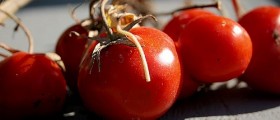
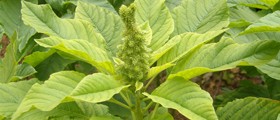
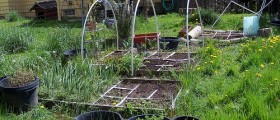
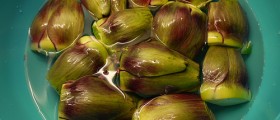
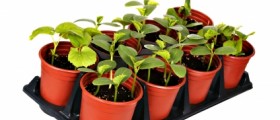
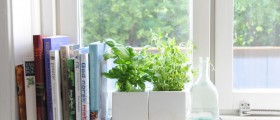
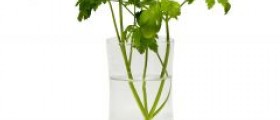
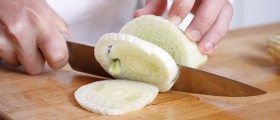
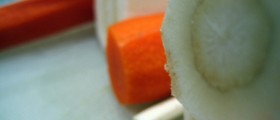
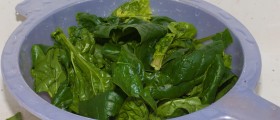
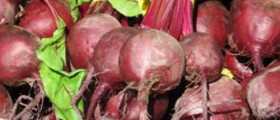
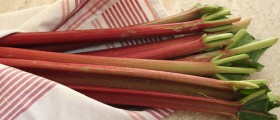

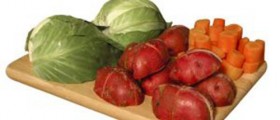
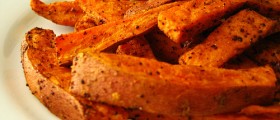
Your thoughts on this
Loading...